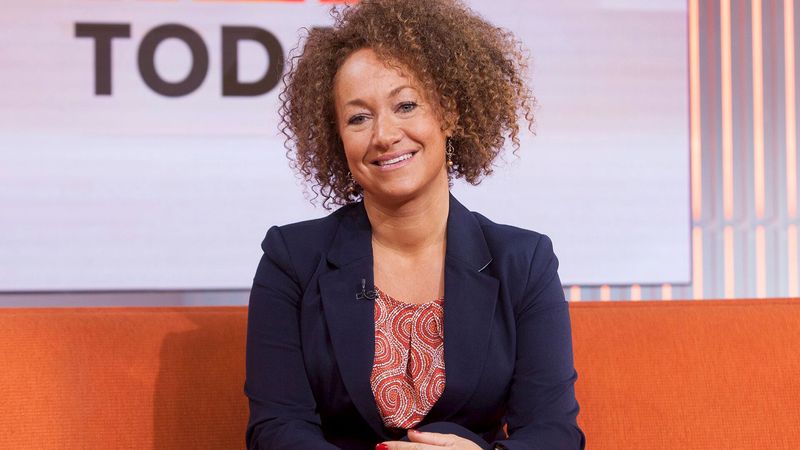WASHINGTON (Reuters) - Washington state civil rights advocate Rachel Dolezal, who has been accused of falsely claiming she is African-American, said on Tuesday she identifies as black and has been doing so since she was 5 years of age.
Dolezal, in an interview on NBC's "Today" television show, said a major shift in her identity came when she was doing human rights work in Idaho and newspaper stories described her as transracial, biracial and black.
"I never corrected that," she said, "... because it's more complex than being true or false in that particular instance."
Dolezal, 37, who grew up with adopted black siblings, resigned on Monday as president of the Spokane chapter of the National Association for the Advancement of Colored People, a leading U.S. civil rights organization, amid reports that her parents are white.
Her own concept of her race began when she was 5 years old, Dolezal said.
"I was drawing self-portraits with the brown crayon instead of the peach crayon and the black curly hair," she said.
Shown a photograph of herself as a teenager with fair complexion and blond hair in the TV interview, Dolezal said, "I would say that visibly she would be identified as white by people who see her."
Dolezal took issue with critics who have said that by presenting herself as African-American, she was putting on a black-face performance - an outdated act in which white actors used makeup to portray black stereotypes.
"I have a huge issue with black-face," she said. "This is not some freak ... mockery black-face performance. This is on a very real, connected level. I've actually had to go there with the experience."
Dolezal had represented Albert Wilkinson, a black man she worked with in Idaho, as her father and she said they had a family-level connection, according to media reports.
"Albert Wilkinson is my dad," Dolezal said. "Any man can be a father. Not every man can be a dad."
Dolezal said her two sons, who are black, had been supportive of her identity.

"I actually was talking to one of my sons yesterday," she said. "He said, 'Mom, racially, you're human and culturally you're black."